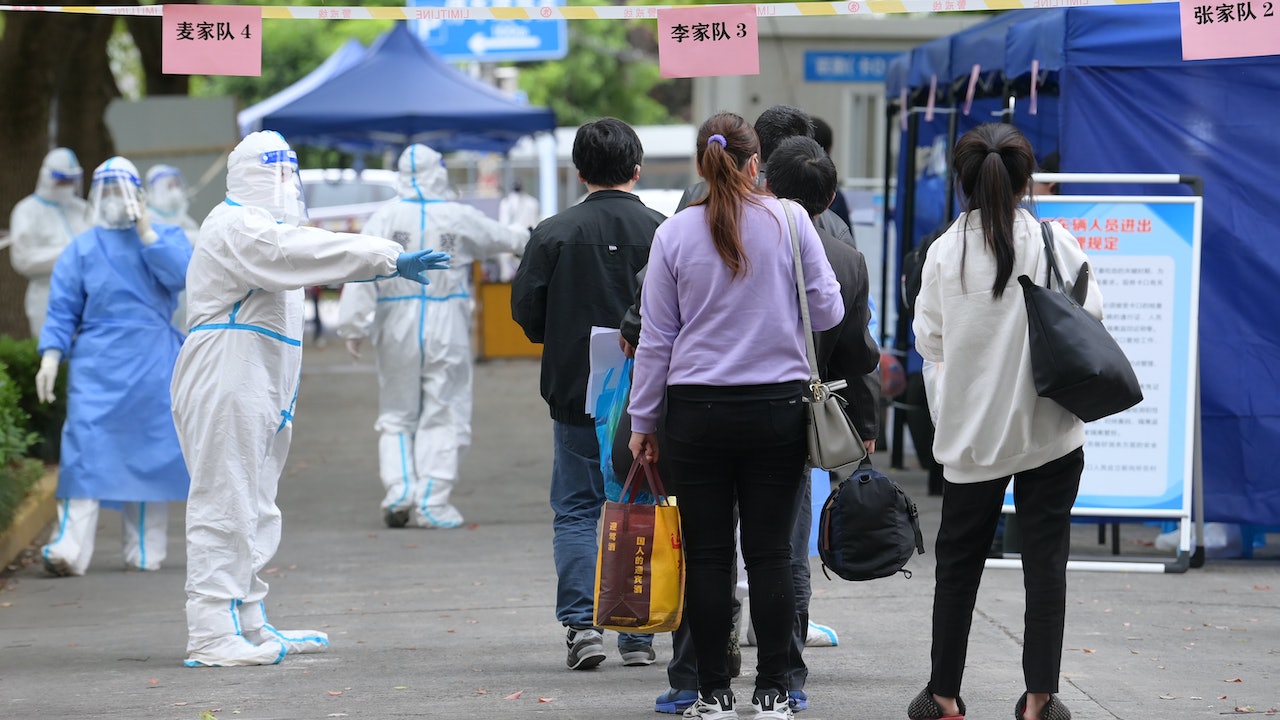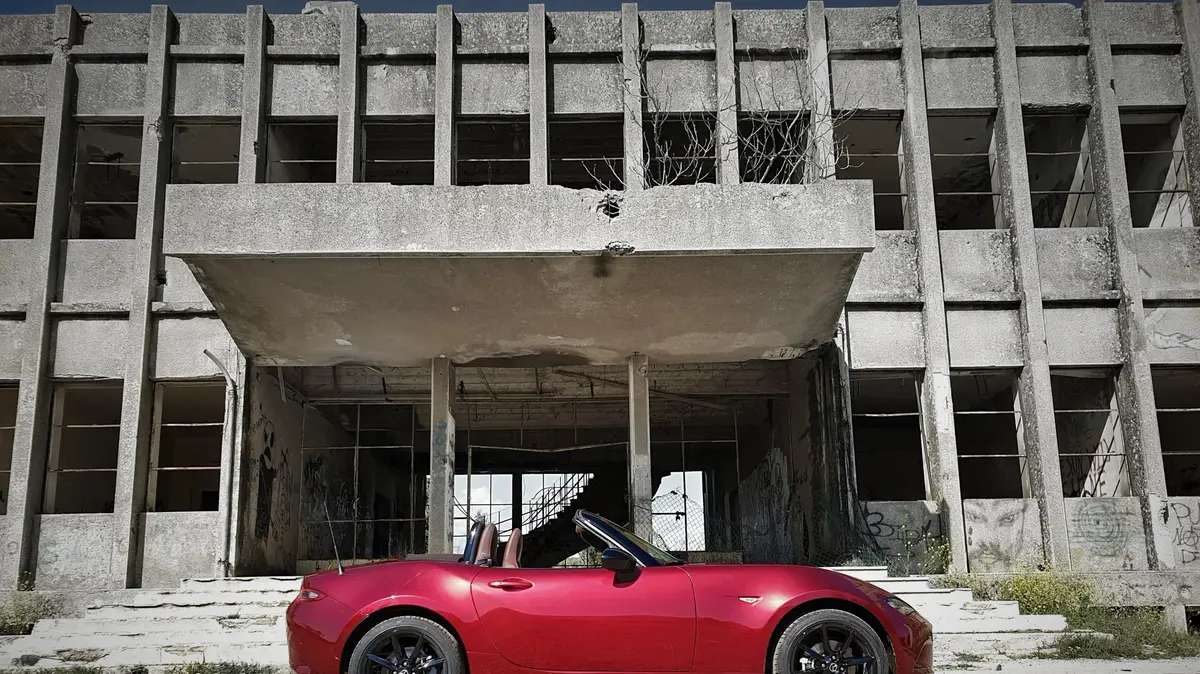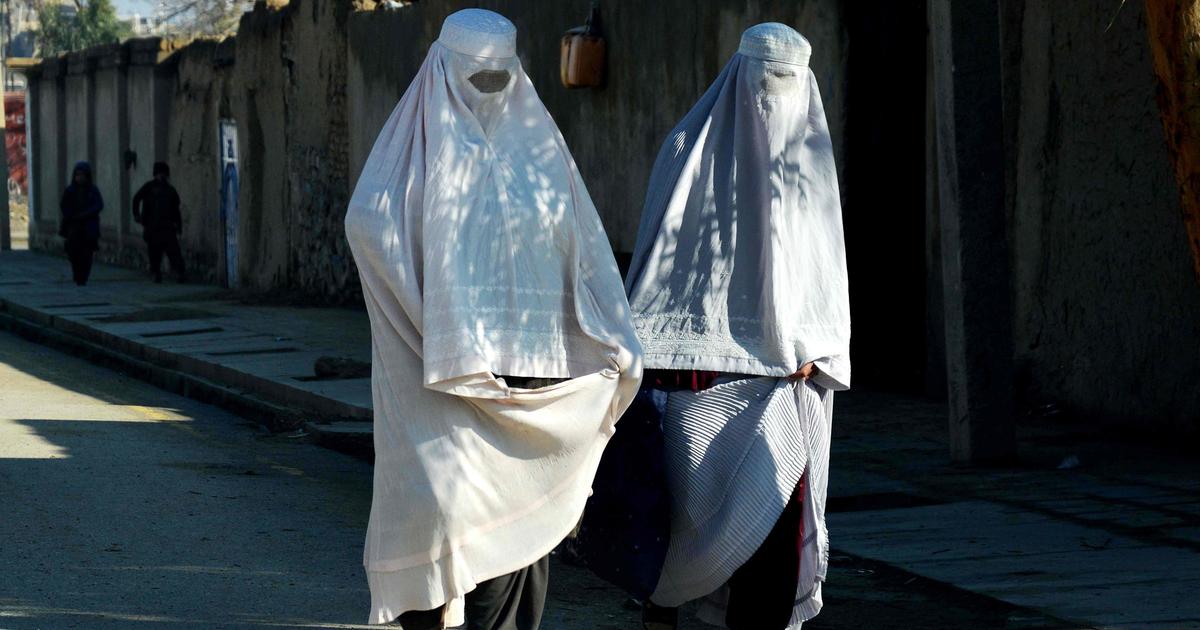The new crown epidemic has lasted for three years, and its impact on China can only be seen in a longer period of time. However, from the current situation, the occurrence of the new crown epidemic, especially the frequent occurrence of multi-layered and one-size-fits-all phenomenon in epidemic prevention in many places, makes Many Chinese have experienced firsthand the importance of building the rule of law and the negative impact of the bottom line of the rule of law being impacted.
It can be said that the epidemic has taught the Chinese a lesson for three years. The rule of law still has a long way to go, and the construction of the rule of law is imminent.
Top 20 Task List | Starting from "closing the country" and seeking "stability" is still a consensus Top 20 Task List | Worrying unemployment crisis under the epidemic
I still remember that in 2020, when the epidemic broke out, Xi Jinping, General Secretary of the Communist Party of China, pointed out at the third meeting of the Central Committee for Comprehensive Law-based Governance: "At present, epidemic prevention and control is at a critical period, and law-based, scientific and orderly prevention and control is crucial. The more strenuous the epidemic prevention and control is, the more we must adhere to the prevention and control in accordance with the law, and coordinate the promotion of various prevention and control work on the track of the rule of law to ensure the smooth development of the epidemic prevention and control work." This shows that the Chinese decision-makers realized early on. The importance of the rule of law in epidemic prevention is in line with Xi Jinping's logic of raising the comprehensive rule of law to the "four comprehensives".
Epidemic prevention has repeatedly deviated from the track of the rule of law
This is very necessary.
Because the epidemic is an emergency, the more the emergency, the more it can test the quality of the rule of law of a country and a society.
China's epidemic prevention in the past three years, on the one hand, has indeed protected the health of the vast majority of its citizens, and has kept the new crown virus until its toxicity has been significantly weakened. Many problems have arisen, including the repeated impact on the bottom line of the rule of law in some places.
Whether "returning to the hometown maliciously", "apology for farming", "locking the door with iron wire", or the Henan Red Code incident, it all shows that the epidemic prevention in some places has violated the law, and the operation of public power has deviated from the rule of law.
In order to prevent depositors from going to the local area to withdraw money, they directly gave depositors a red code, which caused controversy.
(Weibo)
As early as 2020, Tong Zhiwei, a professor at East China University of Political Science and Law, said in an interview, "This public health incident is not only a test of China's rule of law, but also an opportunity for China's rule of law to grow." It is entirely possible for us to take a big step forward in advancing the rule of law in China and improving the modern state governance system.”
He advised all public officials involved in the fight against the epidemic to study the provisions of the Emergency Response Law and avoid "excessive or even extreme practices."
Tong Zhiwei warned against a phenomenon: "Many public officials, especially local leaders, have formed a bad habit in public life in the past few decades: whenever there is an emergency, the first thing that comes to mind is to expand the power in their hands. And use it to the extreme, at the same time compress or limit the rights and freedom of citizens and individuals to the extreme, and in this way express themselves "resolute and courageous", "strong in action", "capable and responsible"".
It is regrettable that the excessive epidemic prevention that has been criticized by many people and frequently occurs in some places, whether it is overweight, one-size-fits-all, or at every turn, the whole region is silent, the city is closed, and the normal freedom of citizens is restricted on the grounds of epidemic prevention. This is exactly what Tong Zhiwei did. The bad habit of criticism results in a distorted "dynamic clearing" that erodes credibility.
During the closure of Shanghai this year, in response to measures that people complained about a lot, such as "one positive person and the whole building quarantined" in some communities, Tong Zhiwei's article "Legal Opinions on Two Measures for Shanghai's New Crown Epidemic Prevention" was circulated online.
Tong Zhiwei believes, "The disclosed videos and audios of the conversations between Shanghai officials and relevant residents show that the situation caused by the two measures taken to prevent the new coronavirus in Shanghai is very serious, and the reaction among the citizens is also very strong, which is likely to cause some kind of legal disaster. "The new crown epidemic prevention should take into account the protection of citizens' rights and freedoms; state organs and officials at all levels should strictly abide by the Constitution and laws, and should not violate the principle of the rule of law or undermine the rule of law for the convenience of doing things."
Follow-up on Shanghai's epidemic prevention: We must keep the bottom line of the rule of law From Wuhan to normalized epidemic control: how to fight the "epidemic" war and the rule of law exam China how to turn a crisis into an opportunity Shanghai law professor Tong Zhiwei criticized "forced delivery of cabins, forced entry into residential houses" illegal microblog banned
The law on emergency response is expressly written
Looking at the Emergency Response Law, Article 11 clearly stipulates: "
The measures taken by the relevant people's governments and their departments to respond to emergencies shall be consistent with the nature, degree and scope of the social harm that may be caused by emergencies. If there are a variety of measures to choose from, the measures that are conducive to protecting the rights and interests of citizens, legal persons and other organizations to the greatest extent should be selected
.” Judging from the practice of the past three years, many places have not followed the Emergency Response According to the provisions of the Law, the formulation and implementation of epidemic prevention measures were too arbitrary and simplistic, resulting in many secondary disasters.
During the epidemic in Shanghai, how to maintain the bottom line of the rule of law has become the focus of public opinion.
(file picture)
Regarding the relationship between epidemic prevention and the rule of law, Li Hongbo, a professor at China University of Political Science and Law, said in the article "Principles of the Rule of Law for Responding to Public Health Emergencies", "The real time to measure the development of the rule of law in a modern country is in a state of emergency, not in a normal state. ", "As the 'imperial principle' of public law, the principle of proportionality is the basic criterion that should be followed in the exercise of public power...Where there is power and rights, there should be the principle of proportionality." The core of the principle of proportionality is the "necessity and limit".
He wrote: "During the prevention and control of the new crown epidemic, some local governments have been more casual in the use of coercive measures, such as detaining people who go out regardless of their circumstances, and easily launching criminal prosecutions for violations of epidemic prevention requirements. It is worth reflecting on. The principle of proportionality requires balance and appropriateness. Excessive and extreme coercive measures not only cause injustice to the counterparty, but also may increase social panic, induce more non-cooperation and avoid actions, and are not conducive to epidemic prevention and control work. successful development.”
The rule of law, simply put, is a concept about regulating public power, defining and protecting citizens' rights.
The historical practice of mankind for thousands of years has shown with countless positive and negative cases that if any society wants to have long-term stability, it must be based on the rule of law, reduce the willfulness of power, and allow society to operate within a system that is clearly regulated by the rule of law.
Of course, there is a premise here, that is, the law should conform to the principles of human nature and justice, and be able to meet the needs of social development.
Why has the rule of law become one of the core values recognized around the world today?
Why change from the rule of man to the rule of law?
In the final analysis, it is precisely because the rule of law based on the principle of justice can give people a stable expectation and provide a set of norms and order, which can not only restrain public power, but also protect everyone's legitimate civil rights.
The protection of citizens' rights and interests cannot be ignored
The epidemic prevention in the past three years has strongly demonstrated that China's rule of law construction still has a long way to go, and it does not match the people's growing awareness of rights.
In the article "Principles of the Rule of Law in Responding to Public Health Emergencies", Professor Li Hongbo, quoted above, wrote: "For quite a long time in the past, my country's conventional model of responding to emergencies was called the "political mobilization model" by scholars. Objectively, this model has the effect-oriented value of concentrating efforts on major affairs, but it may also conflict with the rule of law. On the one hand, there will be the problem of ignoring the protection of citizens' rights and interests, and on the other hand, the arbitrariness of decision-making will damage the legitimacy of the response. In the new era of comprehensively ruling the country according to law and building a government under the rule of law, the government must be guided by the rule of law in its response to public health emergencies, and realize the transition from a "political mobilization model" to a "law-based emergency response model."
As said, how to summarize and reflect on the legal issues arising in the process of epidemic prevention, how to regulate public power, and how to rebuild people's confidence in the rule of law, especially in the context of the normalization of the epidemic and nucleic acid testing, how to interpret and deal with the legal issues involved? It has become an issue that China cannot but face.
Starting from the silence in Chengdu: Is the 20th Congress a time window for optimizing epidemic prevention policies? For the first time, the State Council has made it clear that "excessive epidemic prevention also requires serious accountability" Sending a positive signal that epidemic prevention in many places in the mainland is still "one size fits all" Guangzhou, Shenzhen and other cities implement 7+ on Shanghai 7 Quarantine






/cloudfront-eu-central-1.images.arcpublishing.com/prisa/6WXBDHP36LUSCU24WPM6SPSFEE.jpg)

/cloudfront-eu-central-1.images.arcpublishing.com/prisa/LFBFEDS4JM3L5A6GILDYIRNLEI.jpg)





